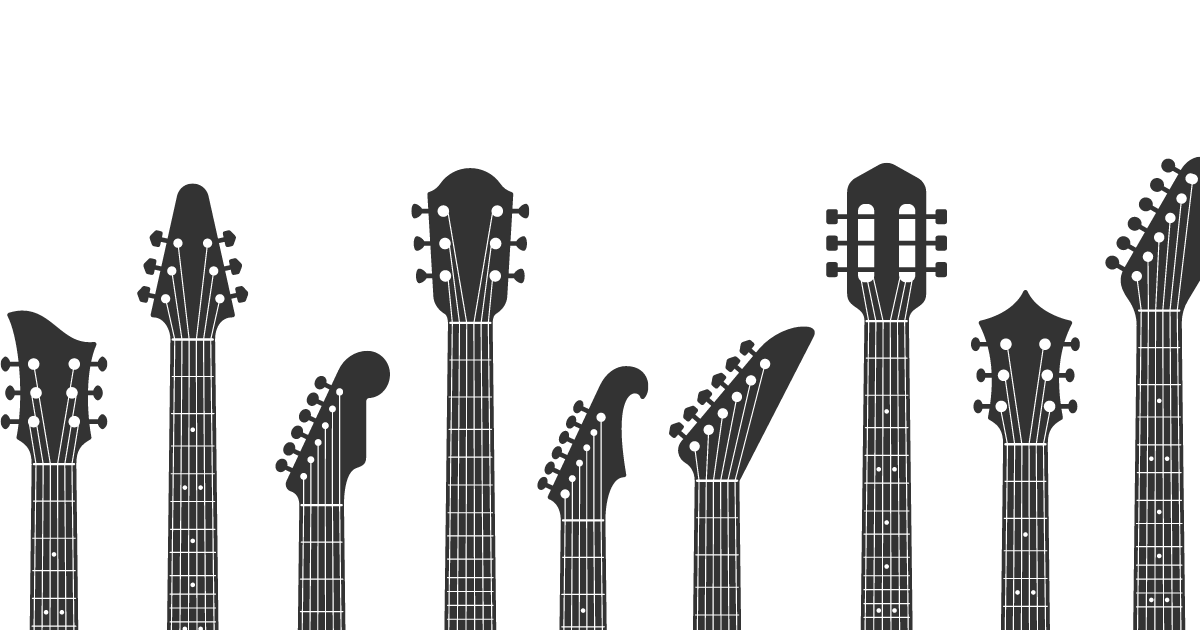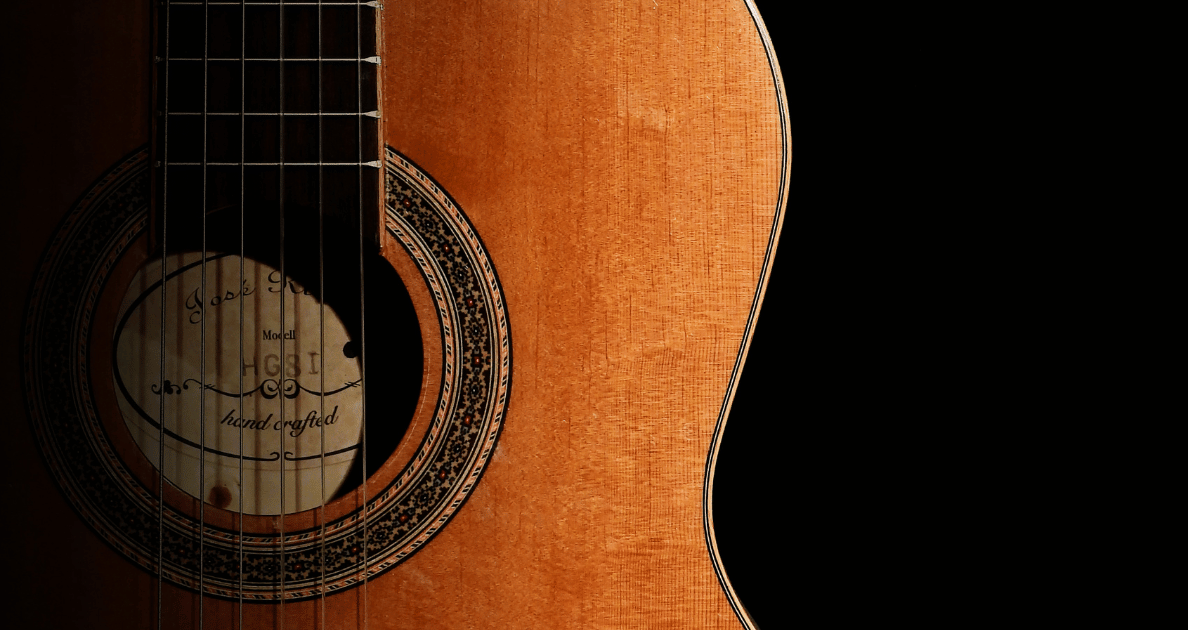
Choosing the right guitar size can be daunting, especially for those new to the world of music. With a wide range of sizes available, it can be overwhelming to determine which is best for your needs.
Whether you are a beginner or an experienced musician, finding the right guitar size is crucial for your playing experience. A too-big or too-small guitar can cause discomfort and hinder your progress. In this article, we will discuss the different guitar sizes and provide tips on choosing the perfect one for you.
From classical to acoustic and electric, we will cover all the essentials to help you make an informed decision.
So, whether buying your first guitar or looking to upgrade, read on to discover what size guitar is right for you. With our expert advice, you can rest assured that you will find the perfect fit for your musical journey.
Guitar Size Guide( What Size Guitar Should I Get? ):
| Type | Body Size | Scale Length | Typical Age Range |
|---|---|---|---|
| 1/4 size | 36-38 inches | 22-23 inches | Ages 5-8 |
| 1/2 size | 34-36 inches | 24 inches | Ages 6-10 |
| 3/4 size | 32-34 inches | 25 inches | Ages 8-12 |
| Full size | 40-52 inches | 25.5 inches | Teens to Adults |

Consider your body size and hand strength
When determining what size guitar you should get, it is important to consider your body size and hand strength. These factors are crucial in ensuring you are comfortable and able to play the instrument effectively.
For individuals with smaller bodies or hands, a smaller-sized guitar, such as a 3/4 or parlour guitar, may be more suitable. This allows for easier reach and manoeuvrability across the fretboard.
On the other hand, individuals with larger bodies or stronger hands may find a full-sized guitar more comfortable and easier to play. Considering these physical attributes, you can choose a guitar size that enhances your playing experience and enables you to progress as a guitarist.
Smaller guitars for beginners
Smaller guitars can be an excellent option for beginners to kickstart their musical journey. These guitars are designed specifically for beginners, featuring a reduced body size that makes it easier to hold and play.
The smaller dimensions allow beginners to comfortably reach all the frets and easily navigate the strings, promoting proper technique and finger placement.
Full size for advanced players
Advanced players often gravitate towards full-size guitars for several reasons. One of the key advantages of a full-size guitar is its ability to project a powerful and resonant sound.
With a larger body and soundboard, full-size guitars can produce a rich, deep tone that is particularly well-suited for genres that demand a strong presence, such as rock, jazz, or classical music.

Choose based on playing style
When considering what size guitar to get, choosing based on your playing style is important. Different guitar sizes offer varying characteristics that can enhance or hinder your musical expression.
For example, a smaller body guitar, such as a parlour or concert size, is suitable for a more intimate and mellow sound. These sizes have a balanced tone and are often favoured by fingerstyle or folk musicians.
On the other hand, if you gravitate towards a louder and more powerful sound, a larger body guitar, like a battleship or jumbo size, may beis more fitting. These sizes are known for their strong projection and are often favoured by those playing in bands or performing in larger venues.
By selecting a guitar size that aligns with your playing style, you can optimize your musical expression and truly connect with your instrument.
Don’t be afraid to experiment
When exploring the world of guitars, don’t be afraid to experiment and step outside your comfort zone. Trying different guitar sizes can open up new possibilities and help you discover a sound that resonates with your unique playing style.
While it’s important to consider the recommendations and guidance of professionals, remember that, ultimately, it’s your personal preference and comfort that matter most. Don’t limit yourself to what is deemed “correct” or popular.
Conclusion
The size of the guitar you should get ultimately depends on your preferences and playing style. However, it is important to consider your physical build, hand size, and comfort level to ensure you can play comfortably and effectively.
Consulting with a professional or trying out different sizes before purchasing can also help determine your best size. With the right size guitar, you can fully enjoy this instrument’s beautiful melodies and rhythms.
FAQ
What factors should I consider when deciding on the guitar size to purchase?
When deciding on the size of a guitar to purchase, consider your physical build, hand size, comfort level, playing style, and musical genre. Smaller-bodied guitars, like parlour or concert sizes, are ideal for beginners or players with smaller hands. In contrast, dreadnought or jumbo sizes are better suited for larger individuals or those who prefer a louder sound.
How does the size of a guitar affect its playability and sound quality?
The size of a guitar can impact both playability and sound quality. Larger guitars tend to have a fuller sound and more resonant tone due to their larger soundboards, while smaller guitars may be easier to play for individuals with smaller hands or those seeking a more compact instrument.
Are there specific size recommendations for beginners versus more experienced players?
There are no specific size recommendations for beginners versus experienced players in general.
How do I determine if a guitar is right for me based on my hand size and body type?
The best way to determine if a guitar is the right size is to consider the scale length, body shape, and neck width. Try playing a few chords on different guitars for hand size to see which one feels most comfortable. For body type, a smaller individual may prefer a parlour or concert-sized guitar, while a larger person may find a dreadnought more suitable.
Can a guitar that is too big or too small for me negatively impact my playing technique or progress?
Yes, playing a guitar that is too big or too small for you can negatively impact your playing technique and progress. A guitar that is not the right size can cause discomfort, strain, and improper finger placement, leading to difficulty playing chords and executing techniques properly. Finding a guitar that fits your body size and playing style is important to ensure comfortable and effective practice.
